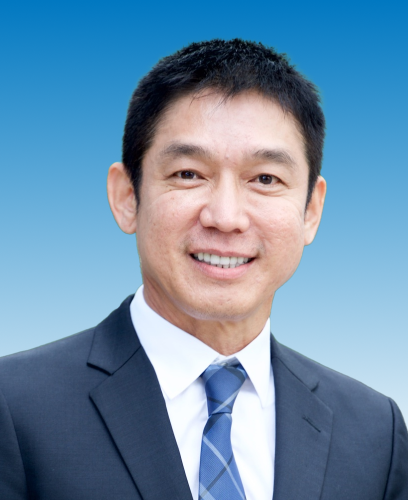Thailand

Change Challenge in Thailand
Our ambition is to harness technology to share clinical information across a network using telemedicine, so we can deliver better healthcare for this population. This ability to bring treatment options from the hospitals to the communities where these women live would be a leapfrog in impact for these women and healthcare delivery in the country overall.
-

Pattani Public Health Office Collaborates with Mission Leapfrog to Revolutionize Cervical Cancer Screening
The Pattani Public Health Office has taken a groundbreaking step in public health by launching Thailand’s first “Home-based HPV Self-collection screening’ program in partnership with ‘Mission Leapfrog’, ‘Thailand Post’ and ‘Loreal’. This is the first initiative of its kind in Thailand, aimed to address the issue of low cervical cancer screening rates, particularly among Muslim women in Pattani Province. This innovative collaboration aims to overcome cultural, religious, and logistical barriers that have hindered early detection and treatment.
Learn more about this Change Challenge in Thailand. >> -

Bringing more care to patients by “Tuk-Tuk”
Our Mission Leapfrog teams in Thailand made rapid progress in pulling together a diverse group of local collaborators by connecting with community leaders, hospitals, policy makers and technology partners. However, with the COVID-19 pandemic taking priority for healthcare resources, we shifted our focus to two provinces – Pattani and Yala – and identified smaller-scale experiments where we could immediately address COVID-19 needs while also providing benefits and learnings that can be applied to the core Leapfrog Ambition.
Learn more about this Change Challenge in Thailand. >> -

HPV-DNA self-sampling for cervical cancer screening.
We are keeping our passion alive to improve the lives of patients, by making changes to the Thai health system by supporting relevant agencies and communities in order to achieve better health care outcomes. Cooperation between three sectors, the National Cancer Institute (NCI), Thai Wacoal Public Company Limited, and Mission Leapfrog has led to the first experiment at Thai Wacoal factory site being completed, with the goal of expanding the access of Thai women within the age group of 30-60 years to the HPV-DNA self-exam collection.
Learn more about this Change Challenge in Thailand. >>
Other Regions
-

Philippines
The implementation of the Universal Healthcare law in 2019 accelerated the healthcare reform in the country. With its implementation, key opportunities and challenges were identified in revitalizing the healthcare system. However, the COVID-19 pandemic brought to light additional gaps as more healthcare resources were shifted to address COVID cases. While Universal Health Care aims to achieve equitable access to quality and affordable health care services for all Filipinos, access to basic primary healthcare services in remote communities remains to be a challenge.
Read more




